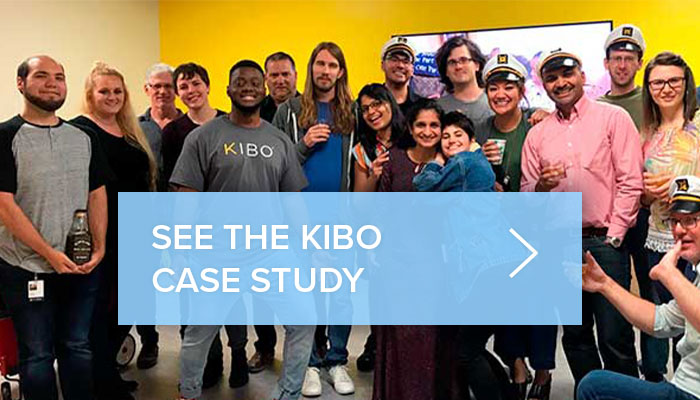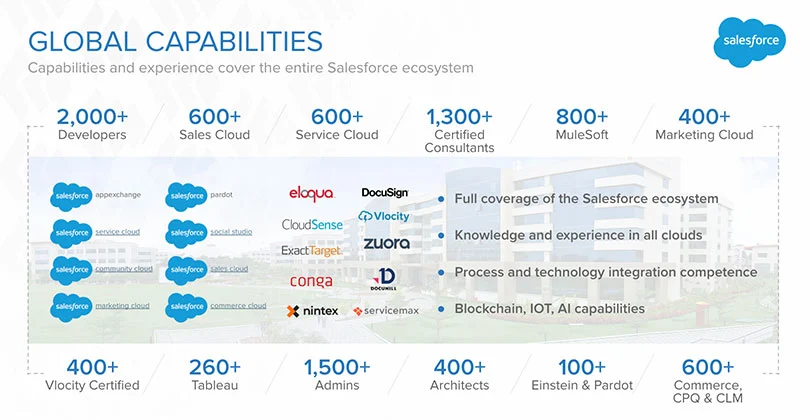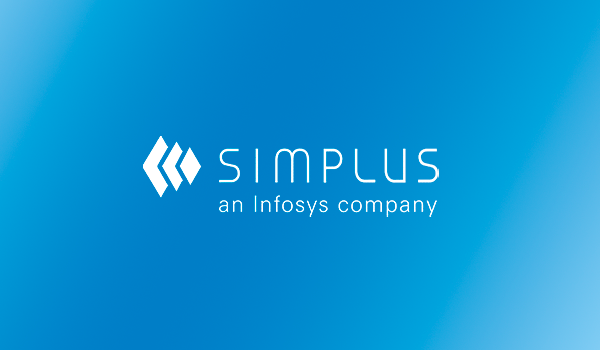Do I really need a Salesforce Admin?
My answer: Yes!
Great! End of the blog post, right?
Well, no. The real question is what skills are required for me to operate my Salesforce solution successfully? That’s a tougher question to answer because it is heavily dependent on how you’ve implemented your business process in Salesforce. But, to get you started with your own Salesforce evaluation, let’s generalize a bit.
These days Salesforce has become the main application for managing the entire customer engagement, from the initial lead all the way through to invoicing and servicing the customer. In fact, Salesforce alone commands 20% of the CRM market and 58% of current customers have plans to continue integrating additional Salesforce clouds. Because of that immense presence, it takes a variety of roles, experiences, and skill sets to manage Salesforce and reap the maximum amount of benefits from it. Let’s go through the top three Salesforce roles, what they should do for you, and what they cost.
Administrator
A lot of emphasis is placed on Salesforce administrators. They’re made out to be the jack of all trades and the silver bullet necessary to successfully manage the entire Salesforce solution. But, quite frankly, that’s too much pressure to put on a single admin. Admins typically come with a sales operations or IT help desk background, and to expect them to master the more technical side of the house is a great way to lead to burnout and employee under-appreciation.
Avg. Salary: $90k (Glassdoor)
Developer
Salesforce is a platform—a very powerful platform that is capable of pretty much anything an enterprise can dream up. For Salesforce to do all that, a solid developer is required; not only does the Developer enhance the platform but they also help investigate and resolve issues dealing with code. These days, a dev is a must.
Avg. Salary: $107k (Glassdoor)
Integration Specialists
This role follows the same theme as the developer. These days, most companies have integrated Salesforce with other systems, whether it’s with current ERP systems or legacy systems. Those integrations may be through APIs, or they might be through middleware like Mulesoft. Either way, integrations are difficult to build and manage. But these specialists make it a whole lot easier.
Avg. Salary: $100k (Glassdoor)
Over the past decade, Salesforce has become a mission-critical app for most companies, and with that growth and maturity comes complexity. Having access to all three of these roles and skillsets (not just the Admin) will boost user adoption, optimize your Salesforce instance for better ROI, and help you successfully manage your solution.
In addition to hiring these dedicated, internal Salesforce resources, a managed services team can also add further variety to the backgrounds and skillsets needed to operate your Salesforce instance. At Simplus, our managed services offering is especially useful because our flexible utilization model means your budget isn’t drained unnecessarily—you won’t lose capacity you’ve paid for because our capacity always rolls over and allows you to focus on what needs to get done vs. micromanaging hours. And then in the seasons when you really could use some extra help, we’re still at the ready and available to dive in with a diverse team of Salesforce-certified consultants.
Reach out today to learn more about implementing Salesforce, receiving training for Salesforce, or hiring managed Services for Salesforce—all with Simplus, the leader in making complicated things simple.






















































0 Comments